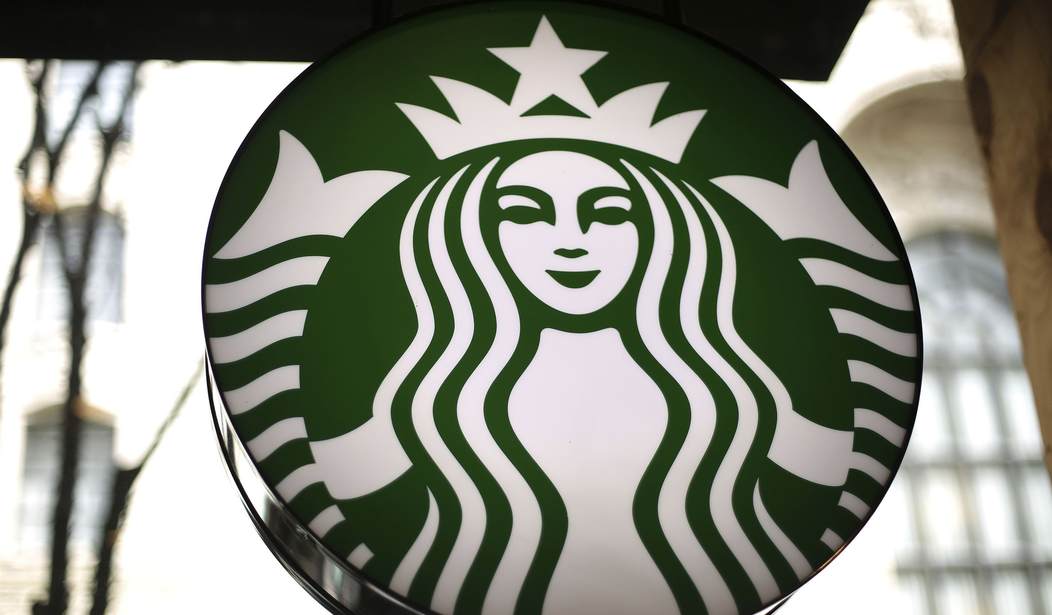Media figures are treating two new porn bans as complete opposites. But they should be celebrating both – for the same reason.
On Dec. 3, Tumblr declared that it would ban porn and other adult content beginning Dec. 17. The decision closely followed headlines announcing Starbucks will block pornography and illegal content from its Wi-Fi starting in 2019. But while media commentators applauded the coffee chain, many of them condemned the blogging platform. They’re wrong.
To begin with, Tumblr and Starbucks came to their conclusions under different circumstances. Tumblr had faced consequences for child pornography leaking onto its site, reported CBS News, while Starbucks came under “renewed pressure” from Internet-safety group Enough Is Enough, according to NPR.
And Starbucks’ decision was more than good enough for the media.
“Bad news for creeps,” warned Washington Post reporter Maura Judkis, “pervs have only until the end of 2018 to get their jollies in public while sipping on a grande juniper latte.”
“Watching porn in public, by the way, not only makes bystanders deeply uncomfortable — which may be why some people do it to begin with — but it’s also considered sexual harassment in certain settings,” she concluded.
The A.V. Club mocked, “Sorry pervs, you can no longer watch porn at Starbucks,” while Jezebel senior staff writer Maria Sherman added, “If you’re the type to visit Pornhub during business hours, maybe you lack boundaries.”
But while there was a consensus against accessing porn in public places, media figures bashed Tumblr for prohibiting it from its site. Among other reasons, writers from The Washington Post to HuffPost complained that Tumblr’s sexual content fostered a community for those of various sexual identities – and even empowered women.
Recommended
“RIP Tumblr porn. You made me who I am,” mourned one opinion headline for The Washington Post, while another, by a reporter at the newspaper, stated, “Before Tumblr announced plan to ban adult content, it was a safe space for exploring identity.”
In a New York Times opinion piece, Google’s former communications head, Jessica Powell, pointed to the “voices of women and the L.G.B.T.Q. community” who say “this change will destroy a safe space for self-expression, discovery and connection.”
“Tumblr Should Not Ban Porn,” Slate kept its message short and simple. “If the point is to make the internet safer, don’t zero out one of the safer, more mainstream places online to enjoy porn,” wrote technology writer April Glaser of the “needless layer of demonization to something that’s perfectly normal.”
HuffPost published, “Tumblr Porn Allowed Women To Be Sexual Architects Instead Of Objects. Now It’s Gone.” Or, rather, Tumblr allowed women to be both “sexual architects” and “objects.”
Senior women’s reporter Emma Gray urged that “Women and other marginalized individuals are often tacitly and overtly taught that their desires do not matter, or worse, should be a source of shame.” Tumblr’s new move, she added, “shuts down one more space where that stigma was being challenged.”
That “stigma” was challenged by explicit scenes like this one Gray describes in the first paragraph of her article.
That “clip” she added, “loops over and over and over again” with the “explicit,” “hot” image.
Community, female empowerment, and sexuality are important. But if they are anchored on women – or men – objectified as sexual beings, they lose the beauty and wholeness they are ordered towards.
As author Christopher West described in his writing on St. John Paul II’s Theology of the Body, the “problem with pornography is not that it shows too much, but that it shows too little.” Porn and explicit images veil the human person, concealing them from being totally loved in favor of a disposable culture.
Then there are the studies that should, at the very least, be cause for concern. National Center on Sexual Exploitation (NCOSE) calls pornography a “National Public Health Crisis.” The center cites studies that it says show “pornography being linked to increased sexual violence, negative body image, pressure to perform pornographic acts, and hijacking of the brain’s reward system.”
And, surprisingly, left-wing feminists agree. In a 2017 talk at NCOSE, author and media figure Julie Bindel urged that porn, and the violence in it, prompts violence in the sex trade – because men want to live out fiction in reality.
The porn ban on Starbucks’ Wi-Fi and Tumblr’s site are different situations. But the reason the media should be applauding both is the same: Porn warps communities and distorts female empowerment by failing to acknowledge their total human dignity and intrinsic value.

























Join the conversation as a VIP Member